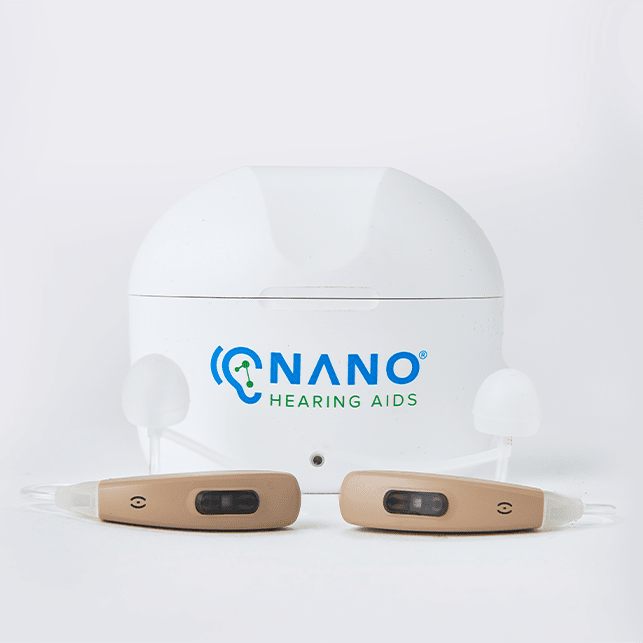Hearing loss can affect people of every age and can come on gradually or suddenly. The main types of hearing loss are sensorineural, conductive, and mixed hearing loss. In this article, you’ll learn about each type, the causes of hearing loss, and what to do if you suspect you have hearing loss.
Types of Hearing Loss
Hearing loss can be categorized as either sensorineural, conductive, or mixed.
What Can Cause Hearing Loss?
There are several risk factors that can increase a person’s likelihood of experiencing hearing loss, from age related hearing loss to noise exposure, genetics, earwax buildup, and more.
Age: The risk of hearing loss tends to increase with age.
Noise Exposure: Repeated exposure to a loud noise can damage the inner ear.
Genetics: Hearing loss can be passed down genetically in families. In this case, getting your hearing tested regularly is important for early detection, as hearing tests can identify changes in your hearing ability over time.
Occupational Exposure: Working jobs where there are loud noises can put someone at a higher risk of having hearing loss.
Earwax Buildup: Excessive earwax can lead to a blockage of the ear canal, causing difficulty hearing.
Ear Infection: Chronic ear infections can potentially lead to hearing loss.
Medical Conditions: Diabetes, high blood pressure, cardiovascular disease, and other conditions can put someone at higher risk of developing hearing loss.
Medications: Some medications can be ototoxic, potentially harming the inner ear.
Head Injuries: Certain head injuries can cause hearing loss.
Use of Headphones: Listening to music or sounds through headphones can put people at a higher risk of developing noise induced hearing loss.
Do I Need a Baseline Hearing Test?
A baseline hearing test can provide a general reference point for hearing health. This makes it possible to more easily monitor changes in hearing over time. It’s a good idea to have a hearing test every few years when visiting the doctor for a general physical.

Symptoms of Severe Hearing Loss
You might have severe hearing loss if you have the below symptoms. If you suspect you have severe/profound hearing loss, you should schedule a consultation with a hearing specialist or primary care doctor. They can conduct various hearing tests to determine the severity of your hearing loss, causes, and next steps for treatment (such as prescription hearing aids).
Symptoms of Perceived Mild To Moderate Hearing Loss
You might have perceived mild to moderate hearing loss if you experience any of the below:
OTC Hearing Aids For Perceived Mild To Moderate Hearing Loss
If you think you might have perceived mild to moderate hearing loss, OTC hearing aids can be a great solution for improving your hearing. These FDA-regulated devices don't need a prescription, hearing exam, or doctor's appointment. With Nano OTC hearing aids, you simply pick the best dome size for your ears, turn them on, and put them in. Keep in mind it might take several days or weeks for your ears and brain to get used to them.



